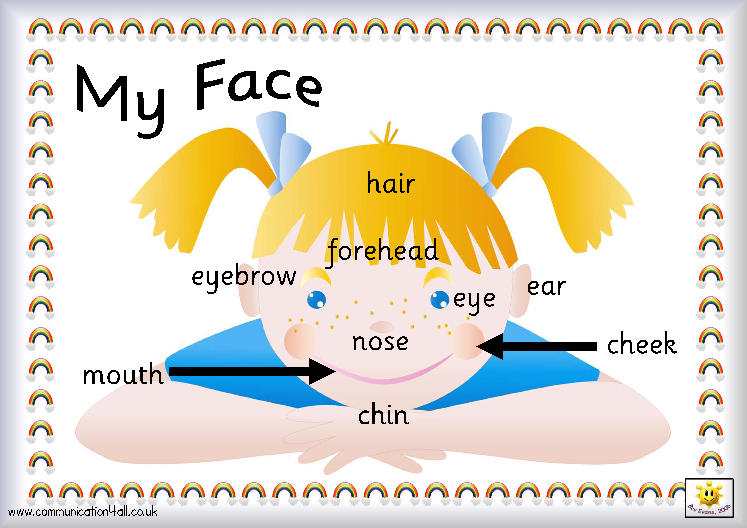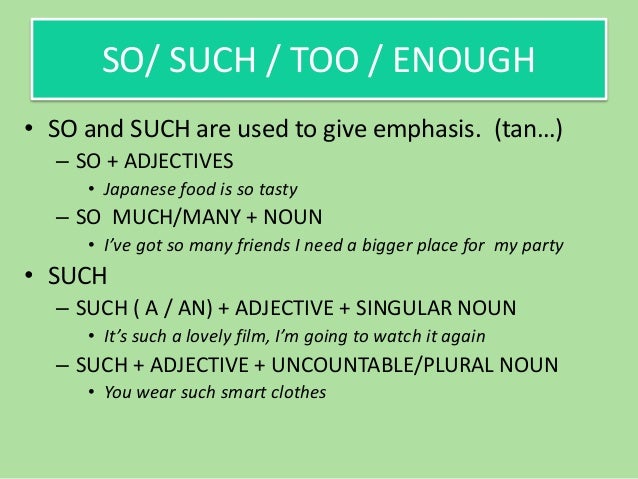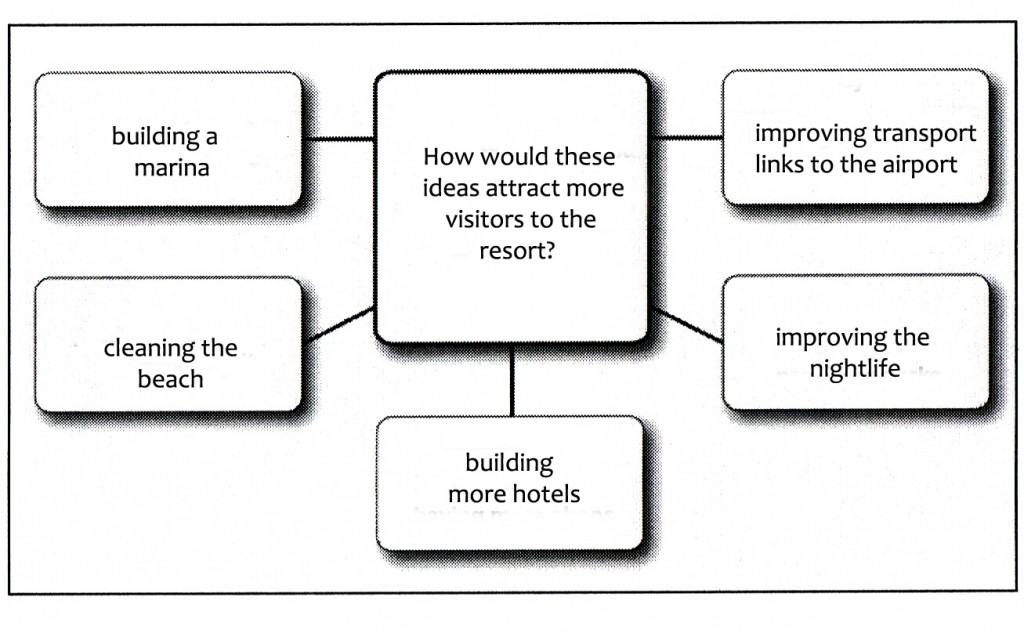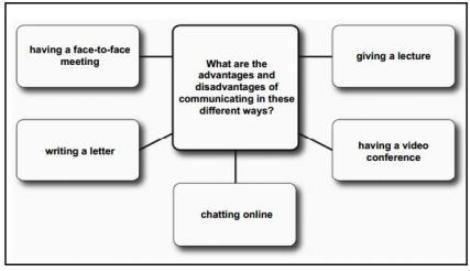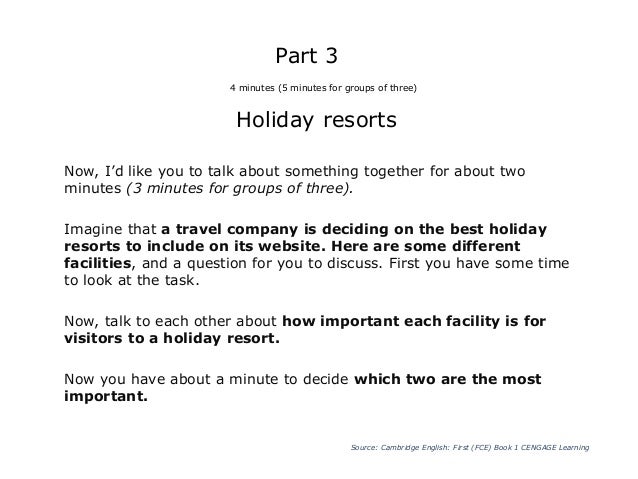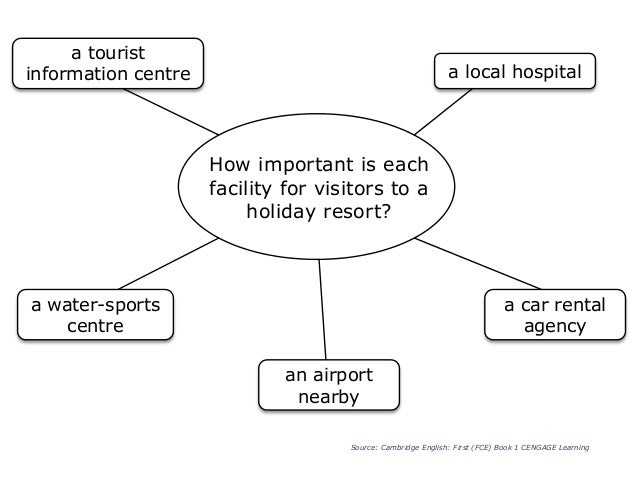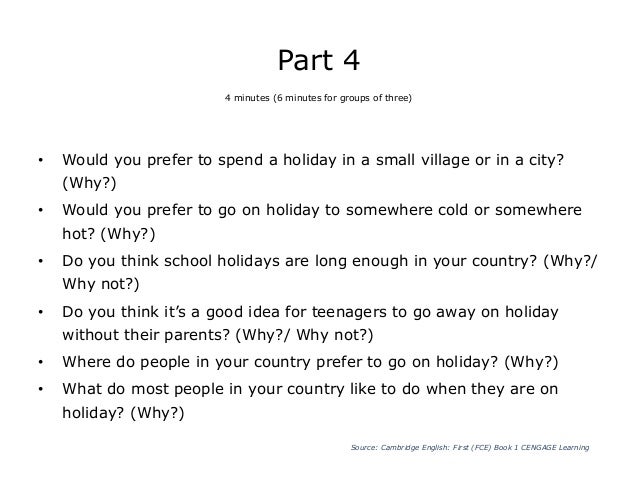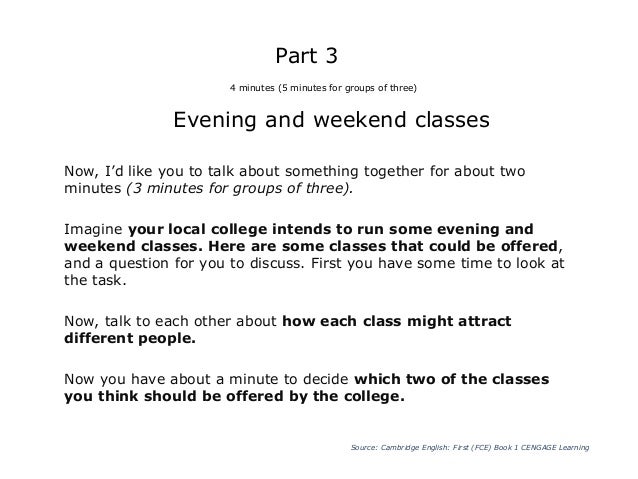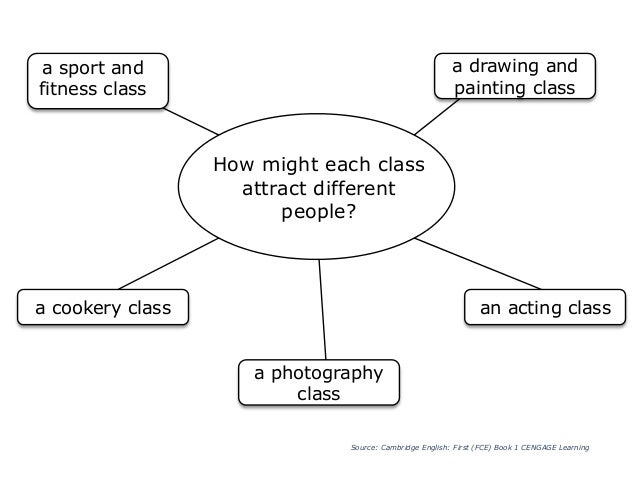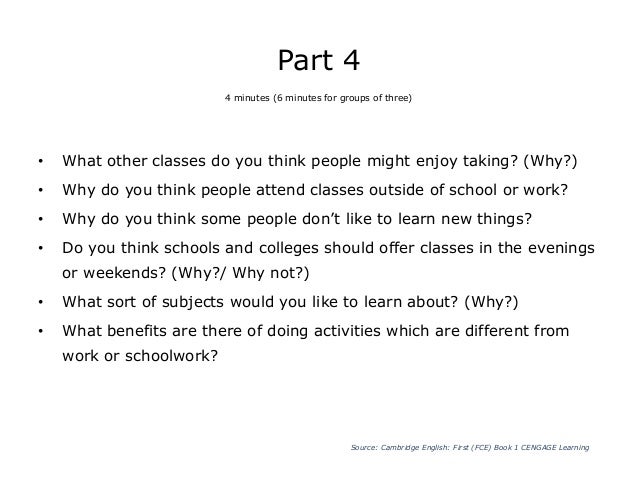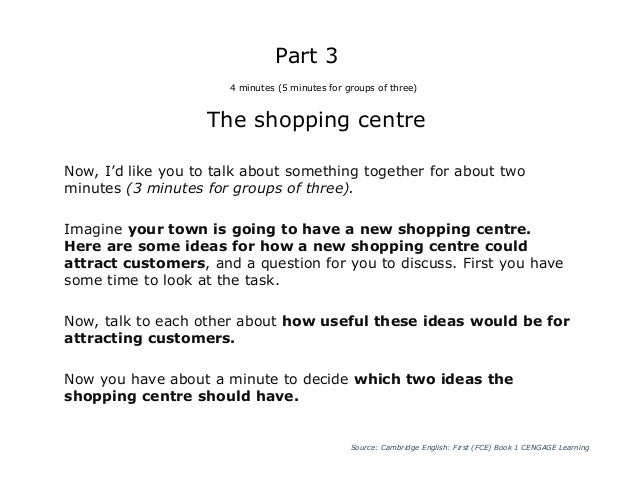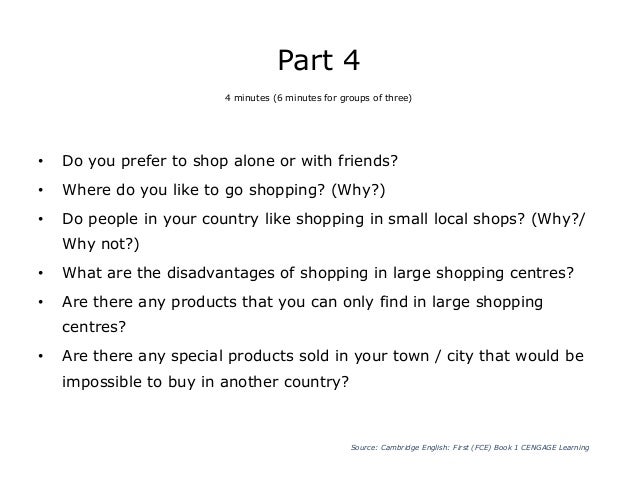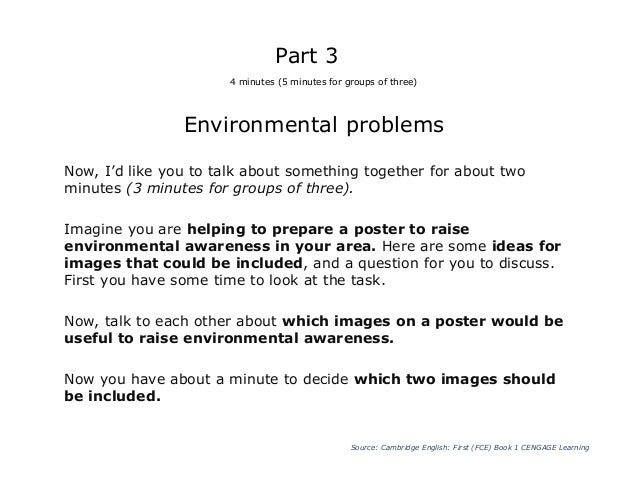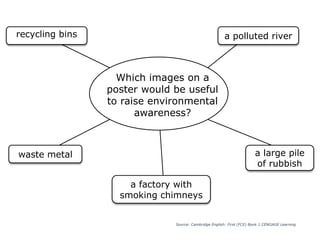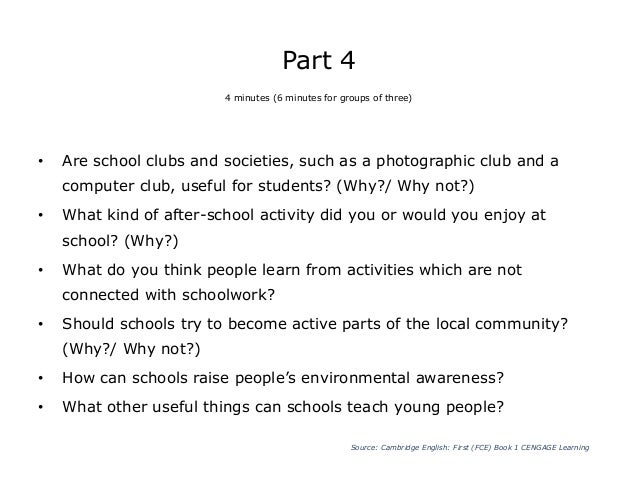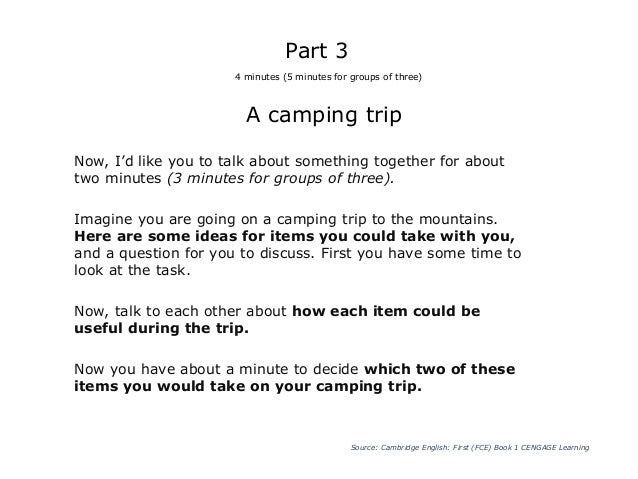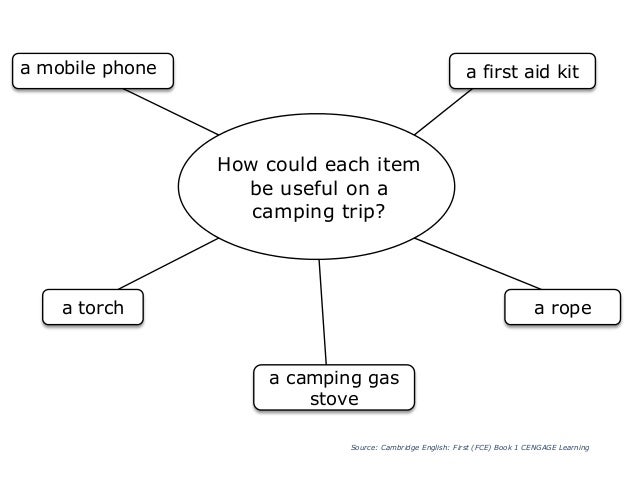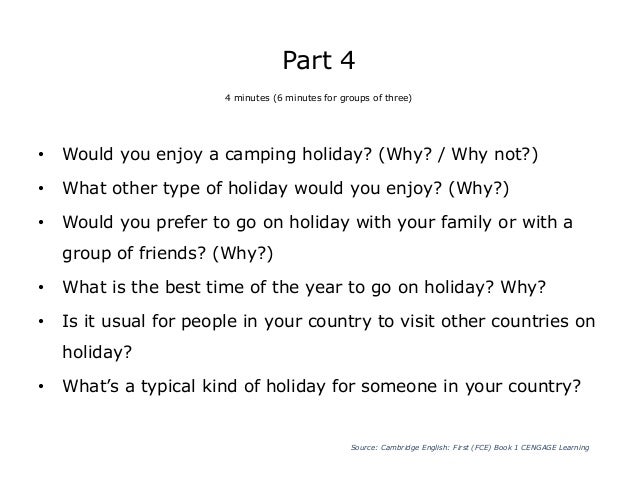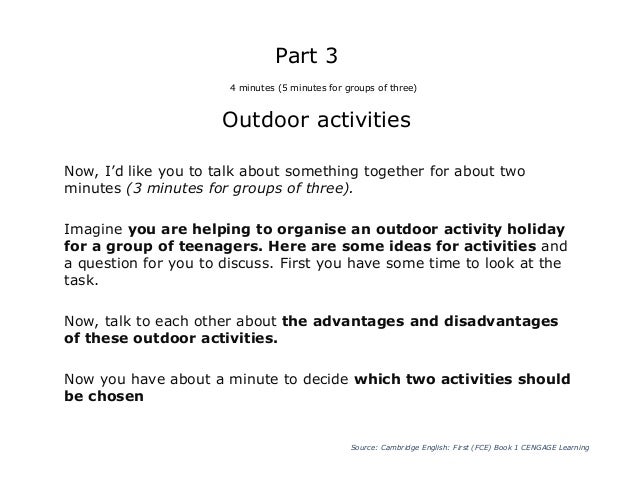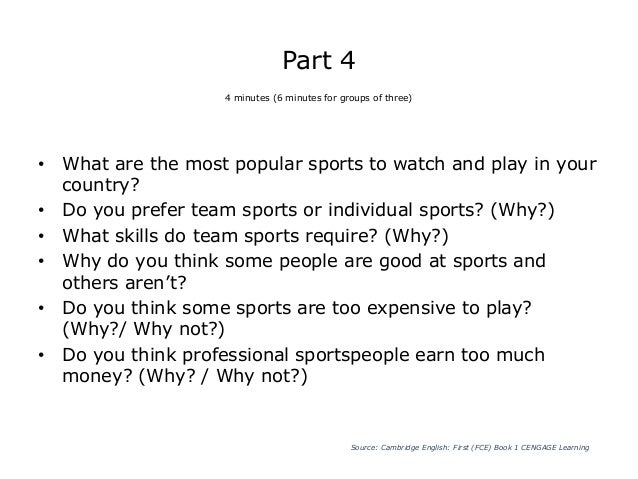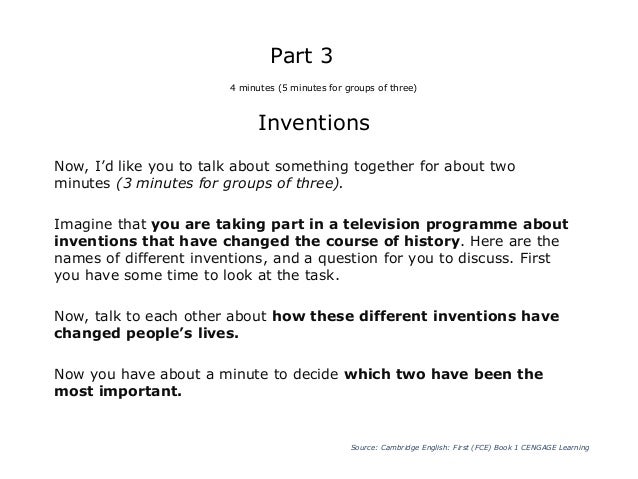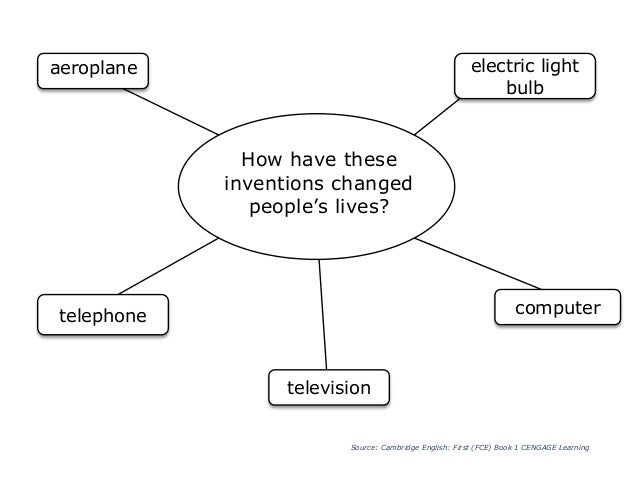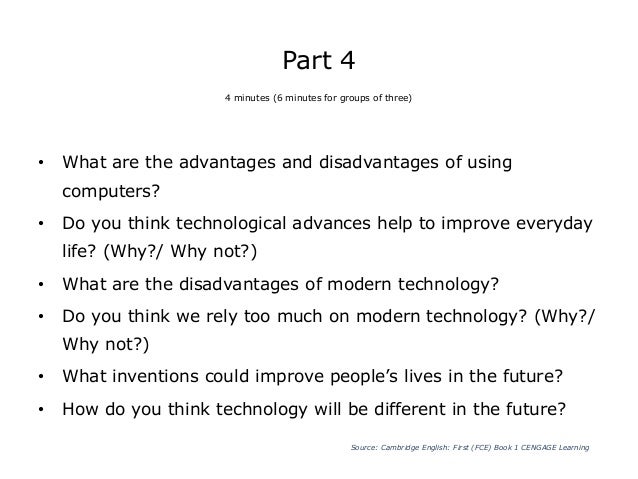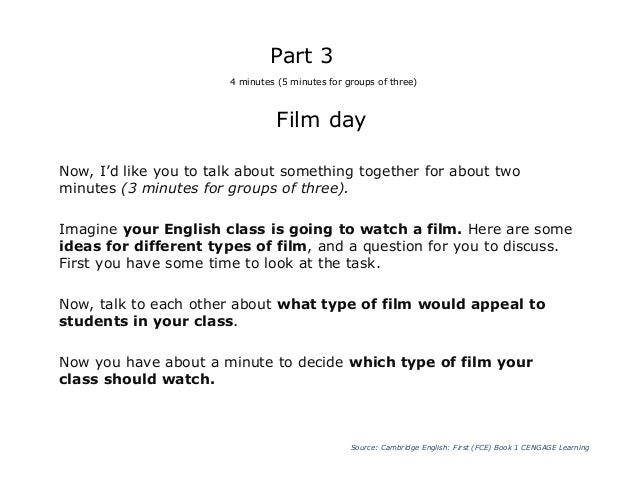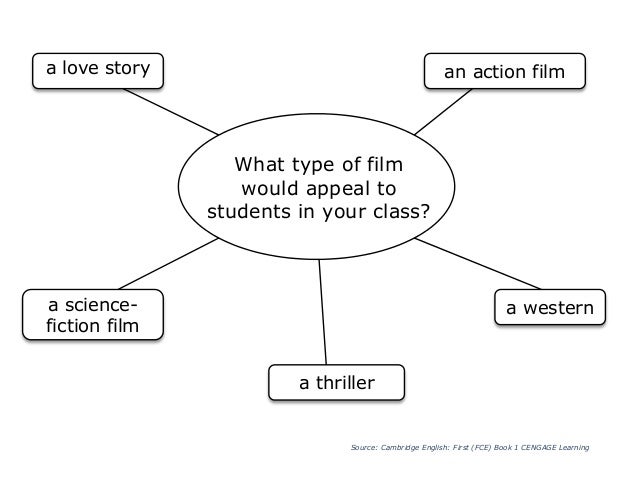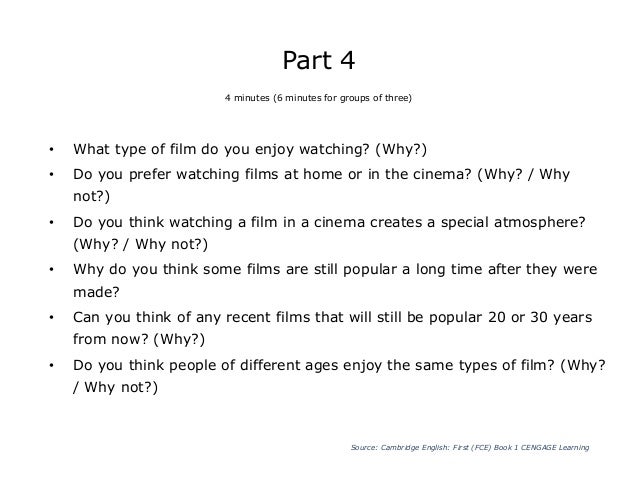What is the FCE Use of English test like?The test has four sections and takes 45 minutes:
- Part 1 - multiple choice cloze
- Part 2 - open cloze, text with gaps
- Part 3 - word formation
- Part 4 - key word transformations
How to prepare for the FCE Use of English test
- The Use of English paper tests your knowledge of vocabulary and grammar.
- Read as much as possible, and use a dictionary to help you learn new words
- Use a grammar book to help you understand sentence structure
- Read the instructions carefully before you start each section
- Look at the example question at the beginning of each section
- Correct spelling is necessary. Get into the habit of checking the spelling of words. For example, a common mistake is spelling - WICH ..... No, no, no! W-H-I-C-H is how it should be spelt!
Here is a document that contains 50 exercises to practise with
Phrasal verbs for FCE:
Over 30 photocopiable worksheets, ideal for classroom use or for homework tasks:
Worksheets: Part One: Multiple Choice Cloze
Worksheet 1 Synonyms
Worksheet 2 Collocation
Worksheet 3 Phrasal Verbs
Worksheet 4 Phrases and Expressions
Worksheet 5 Linking Words
Worksheet 2 Collocation
Worksheet 3 Phrasal Verbs
Worksheet 4 Phrases and Expressions
Worksheet 5 Linking Words
Worksheets: Part Two: Open Cloze
Worksheet 1 Parts Of Speech
Worksheet 2 Pronouns/Relative Pronouns
Worksheet 3 Articles/Quantifiers
Worksheet 4 Modal/Auxiliary Verbs
Worksheet 5 Conjunctions
Worksheet 6 Prepositions
Worksheet 7 Sentence level practice
Worksheet 2 Pronouns/Relative Pronouns
Worksheet 3 Articles/Quantifiers
Worksheet 4 Modal/Auxiliary Verbs
Worksheet 5 Conjunctions
Worksheet 6 Prepositions
Worksheet 7 Sentence level practice
Worksheets: Part Three: Word Formation
Worksheet 1 Forming nouns from verbs
Worksheet 2 Forming nouns
Worksheet 3 Forming opposite meanings
Worksheet 4 Forming verbs
Worksheet 5 Forming adjectives & adverbs
Worksheet 6 Difficult spellings
Worksheet 2 Forming nouns
Worksheet 3 Forming opposite meanings
Worksheet 4 Forming verbs
Worksheet 5 Forming adjectives & adverbs
Worksheet 6 Difficult spellings
Worksheets: Part Four: 'Key' Word Transformation

